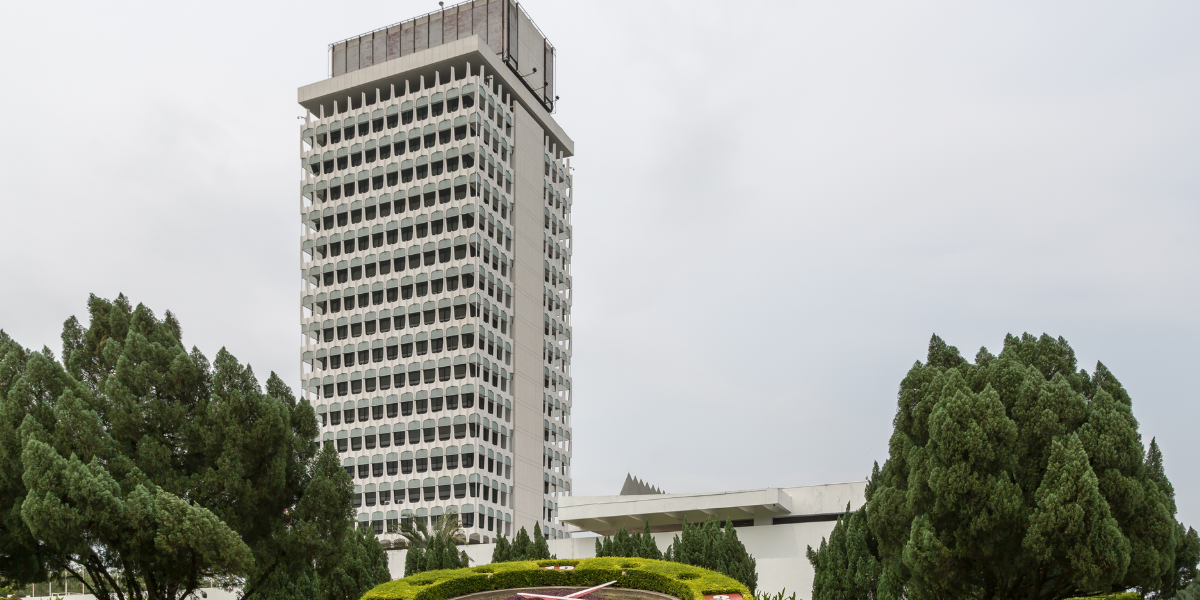On 10 November 2023, the Inland Revenue Board of Malaysia (IRBM) issued Public Ruling No. 4/2023, providing guidance on the investment tax allowance for companies involved or planning to engage in business activities related to promoted activities or the production of promoted products in Malaysia.
A company approved for an investment tax allowance can claim the allowance on the qualifying expenditure (QE) incurred in the basis year for a year of assessment. This allowance can be utilized to exempt the company’s statutory income from promoted activities or products, subject to the following conditions:
- The amount of the investment tax allowance granted is calculated based on the approved rate, which is normally 60% of the QE but may be up to 100% of the QE, if approved by the Minister of Finance;
- The tax incentive period is 5 years from the date the approval takes effect, which may be extended an additional 5 years in certain cases. If a company commences business after the date from which the approval is to take effect, any QE incurred before the commencement of the business is deemed to be incurred in the basis period in which the business has commenced.
- The amount of statutory income that may be exempted using the investment allowance is generally limited to 70% of statutory income per year but may be up to 100% of statutory income if approved;
- The investment tax allowance typically exempts up to 70% of statutory income per year. However, under certain circumstances, exempting up to 100% of statutory income with proper approval may be possible.
- Where a company has incurred capital expenditure on assets, i.e., a factory, plant, machinery, or building for the purposes of a promoted activity or promoted product, any disposal of such assets within 5 years from the date of acquisition will result in the withdrawal of the investment tax allowance granted in the year the asset is disposed of; and
- a company that has been granted the investment tax allowance must inform the Minister if it carries on any business other than a business where the whole of the gross income is derived from its promoted activity or promoted product during the tax incentive period, in which case separate accounts must be kept for the different businesses.













